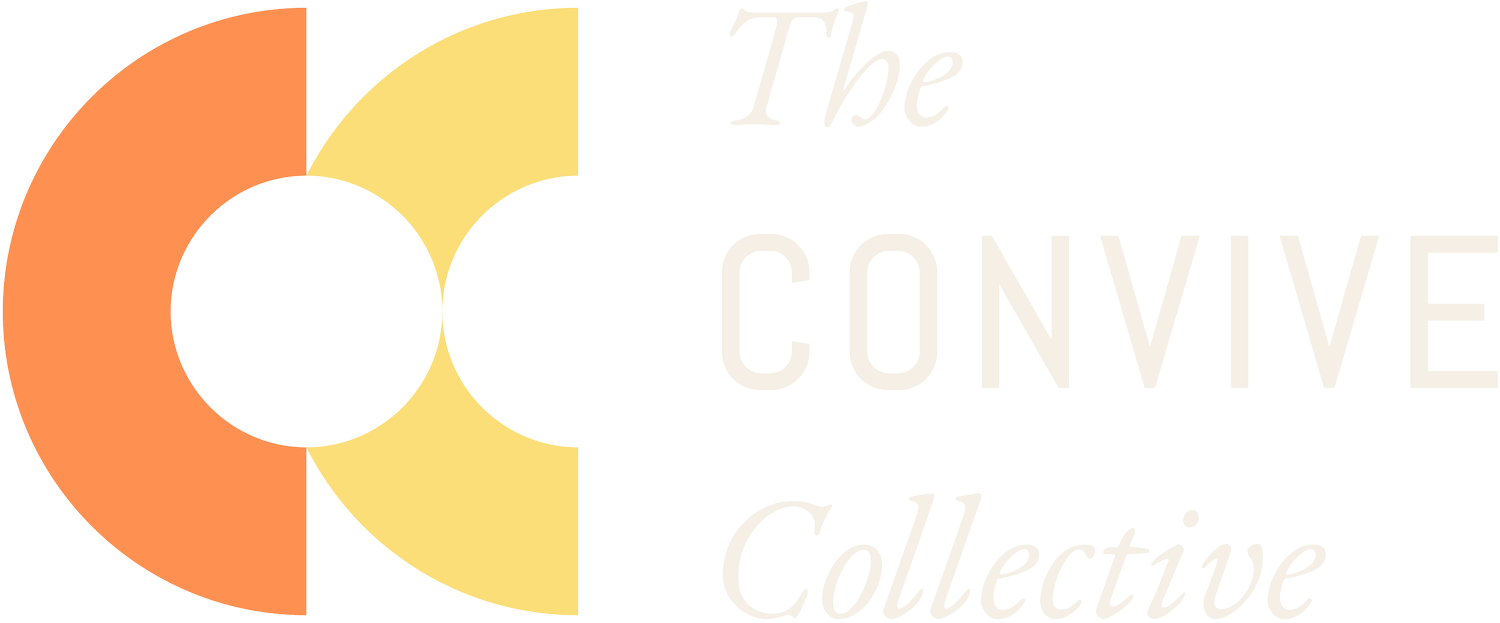Embracing Complexity: A Deep Dive into Innovative M&E Practices at UNDP’s M&E Sandbox Webinar
Written by: Morgane Allaire-RousseThe Convive Collective is supporting Laudes Foundation to find effective ways of measuring long-term industry-level transitions while observing and responding to the mid and short term seeds of systemic change. As part of this collective learning journey we were delighted to join the recent M&E Sandbox Webinar hosted by UNDP’s Søren Vester Haldrup. This event brings together some of the brightest minds in monitoring and evaluation for invigoratingly open sharing, discussion, and learning - a perfect environment to share our approach and get some valuable insights and feedback from M&E practitioners in the network.
In the first Sandbox presentation, Lee Alexander Risby, Director of Effective Philanthropy at the Laudes Foundation detailed their journey of adopting rubrics for systems change measurement. Rubrics are a set of criteria that describe progress with differing levels of performance grades. Laudes uses a 5-point rating system running from harmful to thrivable.
Laudes rubrics progress rating system
This approach marked a departure from requiring partners to report on traditional quantitative Key Performance Indicators defined by Laudes, moving towards an approach where partners and Laudes work together to identify qualitative, narrative-driven rubrics which are significant to the change they seek to work towards in partnership.
Key to this collaborative approach is holding a space where partners and team members feel safe to share insights, challenges, and failures. Psychological safety within the M&E process is crucial. Fostering a culture of honesty and openness allows for a more authentic and effective evaluation process for all.
Lee emphasized the importance of balancing long-term and short-term views when evaluating systems change. Employing Laudes’ ambitious goals for systems change to gauge progress can mean that significant developments taking place at ground level, the seeds of future systems change, are lost in the scale of the overall picture.
In their role as Laudes’ strategic learning partner, the Convive team, represented on the day by Katherine Haugh, our Founder & CEO, and Morgane Allaire-Rousse, our Systems Thinking Strategist, are accompanying Laudes in this journey of appreciation for the value of intermediate outcomes and the “messy middle”.
Kat presented elements of an ongoing Developmental Evaluation, which Convive is supporting, looking at the foundation’s entire portfolio. The evaluation is split into two key questions: “are we doing things right?” and “are we doing the right things?” Through this portfolio overview we will monitor how resources are moving through Laudes’ theory of change as well as conducting outcome harvesting processes in tandem with Laudes’ partners to identify areas with particular energy and opportunities for insights and learning.
Developmental Evaluation objectives
In the second presentation of the Sandbox, Søren Vester Haldrup shared that UNDP is making a shift from project work towards more coherent portfolios for system-level change. This approach enhances UNDP’s capacity for continuous learning and adaptation, capturing the broader dynamics of system-level shifts.
Farzana Rahman, from UNDP Bangladesh, brought a fresh perspective on people-centric M&E methodologies. Developing a portfolio encompassing environment, climate change, inclusive growth, and governance, Farzana is pioneering an M&E approach that leans heavily on storytelling and ethnographic surveys. This strategy aligns M&E activities with the actual changes and improvements desired by communities, rooting initiatives in the lived experiences and aspirations of the people they aim to serve.
These presentations underscored a critical theme: the need for adaptive, responsive M&E practices that prioritize not only the measurement of outcomes but also the human elements of change processes.
For us at Convive, our takeaway from this enlightening webinar is the reaffirmation of our commitment to these principles. We see the immense value in these approaches – whether it is Laudes Foundation's collaborative rubrics or UNDP's people-centric strategies – in driving more effective, empathetic, and inclusive change.
The Q&A session of the webinar resonated with thoughtful engagement. Questions and discussions revolved around the practicalities and challenges of implementing tailored rubrics, highlighting a shared commitment towards more meaningful, context-sensitive approaches in monitoring and evaluation, reflecting the depth of investment and passion in the field.
Looking ahead, we are inspired to further integrate these innovative M&E methodologies into our work. We recognize the importance of flexibility in our approach, ensuring that we remain attuned to the ever-changing landscapes of the sectors we work with. By adopting these practices, we aim to not only measure the impact more effectively but also to contribute to a culture of continuous learning and improvement within our organization and the wider community we serve.
We eagerly await the next M&E Sandbox Webinar!


